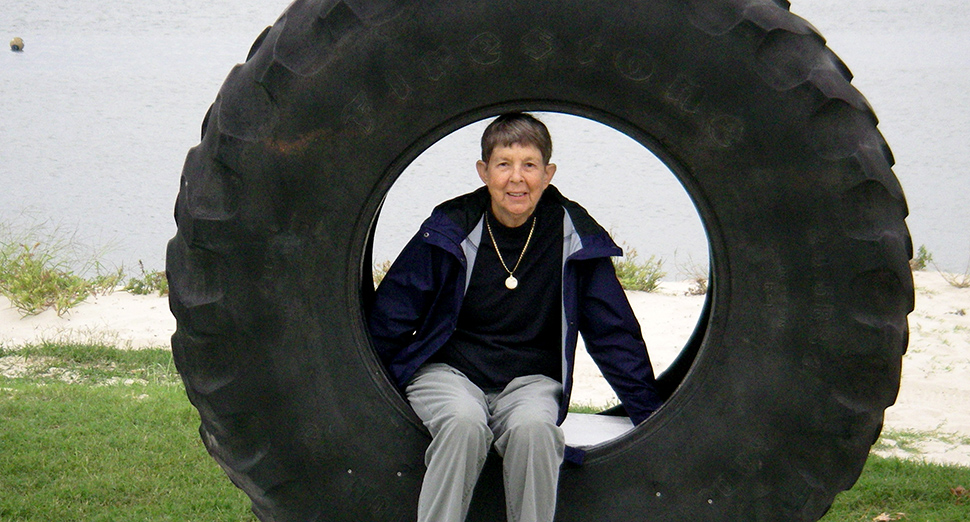Page Williams is a retiree in Houston, Texas.
I remember clearly when my father came to visit me in Houston, Texas, following his lung cancer surgery in 1961. He bounced my year-old son on his knee, but he was very weak having had his upper left lung lobe removed.
A year later, his cancer had spread to his brain. I traveled to Baltimore to say goodbye. From his bed at home, he said, “They would let a dog die with more dignity than they’re letting me go.” He died in 1963, two years after his initial diagnosis.
My sister died from lung and brain cancer in September 2008. She chose not to have lung surgery, so it all went quickly for her. But she still experienced pain and suffering before she died. Nobody should have to endure what she did.

I received my own cancer diagnosis in October 2013. I asked the doctor what would happen if I did nothing and his reply sounded like a nightmare. He assured me that following a round of chemotherapy and radiation treatment I would feel like myself again. Well, that’s not what happened. I’ve now had five surgeries to repair radiation damage or to remove more cancer. The last, removal of my upper left lung lobe, meant days of agony. Now, with each PET scan, I’m waiting for the final blow, brain cancer, and trying to get my affairs in order.
Fortunately, I have a number of friends and neighbors who have cared for and supported me during my illness. I have a son who lives close by and will take me to the emergency room at 3:00 a.m.
For a long time, I thought the only option to end my suffering was shooting myself, so I began researching my options. I learned about Death with Dignity by reading a letter to the editor from a woman named Cindy Merrill, who co-founded and leads Texas Death with Dignity. She made me aware of Death with Dignity National Center’s work to advocate for assisted dying laws across the country.
To me, death with dignity means having control over what happens to your body.
I don’t have much energy these days, but if there’s a cause I believe in, I will show up when I can. I have written to Congressional representatives who are trying to undo the Washington, D.C. law and prevent Death with Dignity from being passed in other states. There is no chance that Texas will pass a Death with Dignity bill in my lifetime, but I will keep fighting for everyone’s right to die on their own terms.
To me, death with dignity means having control over what happens to your body. Those who oppose medically assisted dying may change their minds when they are in an ICU, trapped in a dying body. I get furious when politicians act like they’re doctors and know what’s best for me and my body.
I also get upset with doctors who won’t level with me or accept what’s happening to me. It’s difficult for them to talk about death, but I want to. I need to. Why are they still pretending that everything’s fine when we all know that I have suspicious spots in my right lung lobe? I want there to be a more serious conversation in Texas—in the Capitol and in doctor’s offices—about death and dying.

I understand how difficult it is for some people to say goodbye to their dying loved ones. I had a close friend whose wife had pancreatic cancer. He couldn’t stand losing her, so he approved painful medical treatment to prolong her life. He later told me that he regretted it.
I remember speaking with a young woman who had been diagnosed with terminal cancer. She couldn’t get her husband or parents to talk to her about the fact that she was dying. She intellectually knew that it was because they loved her, but it was hard on her to feel that she was dying alone.
Most Americans have seen someone they love die poorly. I would like the right to have the gift of medical aid in dying for myself. Most Americans want the option to choose when and how they die. I believe that this is a fundamental human right.

